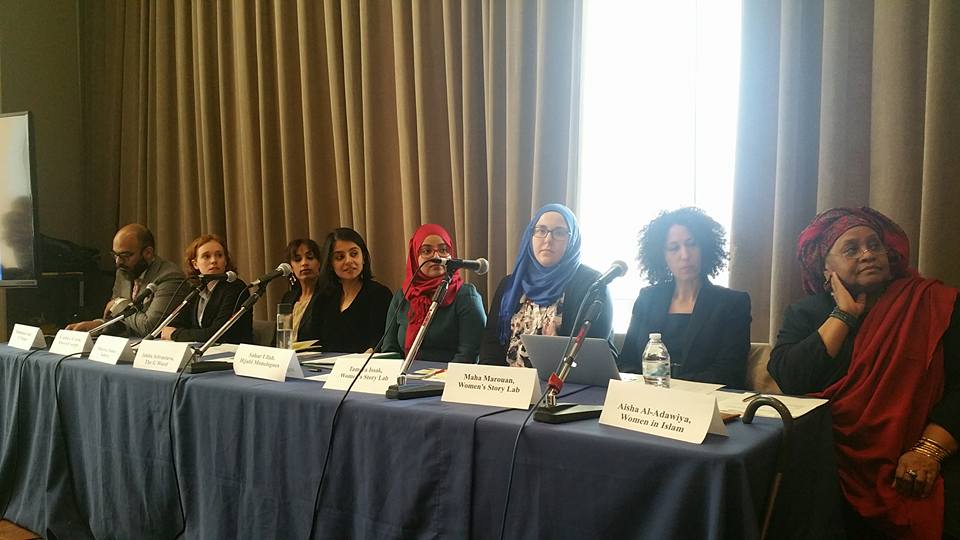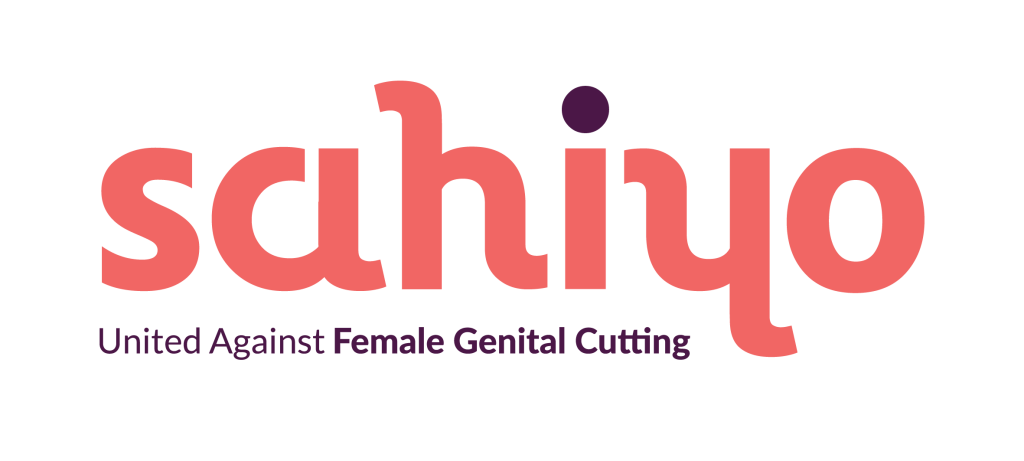Sahiyo Speaks at United Nations for Commission on the Status of Women Annual Conference

On March 21st, Mariya Taher spoke at a Commission on the Status of Women (CSW) side event entitled: Empowering Muslim Women through Storytelling: A Roundtable Discussion. Sponsored by the Permanent Mission of the United States of America to the United Nations Permanent Observer Mission of Organization of Islamic Cooperation to the United Nations, the event sought to showcase how storytelling can inspire social change and focused specifically on how storytelling platforms can be used to amplify the voices of Muslim women worldwide, particularly with the rise of Islamaphobia. The panel highlighted storytelling collectives like the Muslim Women’s Story Lab and Hijabi Monologues, organizations that have created platforms for Muslim women to reclaim their own narratives, whether discussing issues of women’s leadership and mosque access to rising anti-Muslim sentiment and questions around race and solidarity with broader social justice movements. Mainstream storytelling initiatives, such as StoryCorps, were also part of the panel as they have sought to engage diverse communities, including Muslim women, through community-based outreach. Lastly, Breakthrough’s the G word and Sahiyo’s new FGM/C storytelling initiative were asked to speak as part of this panel as these organizations aim to spark discussion on gender identity and gender-based violence through interactive digital platforms. Speakers included: Women in Islam, Inc. founder, Aisha al Adawiyah StoryCorps producer, Cailey Cron Muslim Women’s Story Lab Aisha al Adawiyah, Maha Marouan, and Tamara Issak. Hijabi Monologues founder, Sahar Ullah Sahiyo co-founder, Mariya Taher Breakthrough’s the G word, Ishita Srivastava UN Women’s Mohamed Naciri To read more about the event, click here. To learn more about work that Sahiyo is doing, visit our website at www.sahiyo.org.
All countries, NOW, required to track FGC for U.N. Sustainable Development Goals

For far too long, FGC has been misunderstood and misrepresented as only an “African” problem. Indeed, we hear terrifying stories about the practice of FGC and the horrific physical and mental consequences on women and girls from those countries. Yet, there has been a huge silence on the occurrence of FGC in other parts of the globe, including Asia. We are well aware that the practice occurs in India and amongst Diaspora Dawoodi Bohra communities around the globe. FGC is also known to occur in other asian countries such as Singapore, Malaysia, Thailand, Pakistan, amongst others. Just this past year, the United States conducted reported that around half a million women and girls are at risk of FGC in their country. Another 2015 report estimates that 137,000 women and girls are living with FGC in England and Wales. Recognizing the prevalence of FGC, world leaders for the first time have prioritized the elimination of FGC under the goal of achieving gender equality as part of the UN’s Sustainable Development Goals—a 15-year plan to help guide global development and funding in the “areas of critical importance for humanity and the planet.” To guide governments’ commitment to the goals, a UN expert group has proposed global indicators to hold states accountable. Prior to the implementation of U.N. Sustainable Development Goals, only “relevant countries” were asked to track this type of data. Meaning that the occurrence of FGC was only measured in 29 countries in Africa and the Middle East where UNICEF collected data. Thus for decades millions of other women and girls suffering from this ordeal who lived in countries not viewed as a “relevant countries” were ignored. However, now, we must commend the UN for recognizing the need to collect FGC data on a global scale as this will allow the UN to identify where else on the planet women and girls are affected and to what degree. A truly great step forward to bringing about an end to this form of gender violence.
